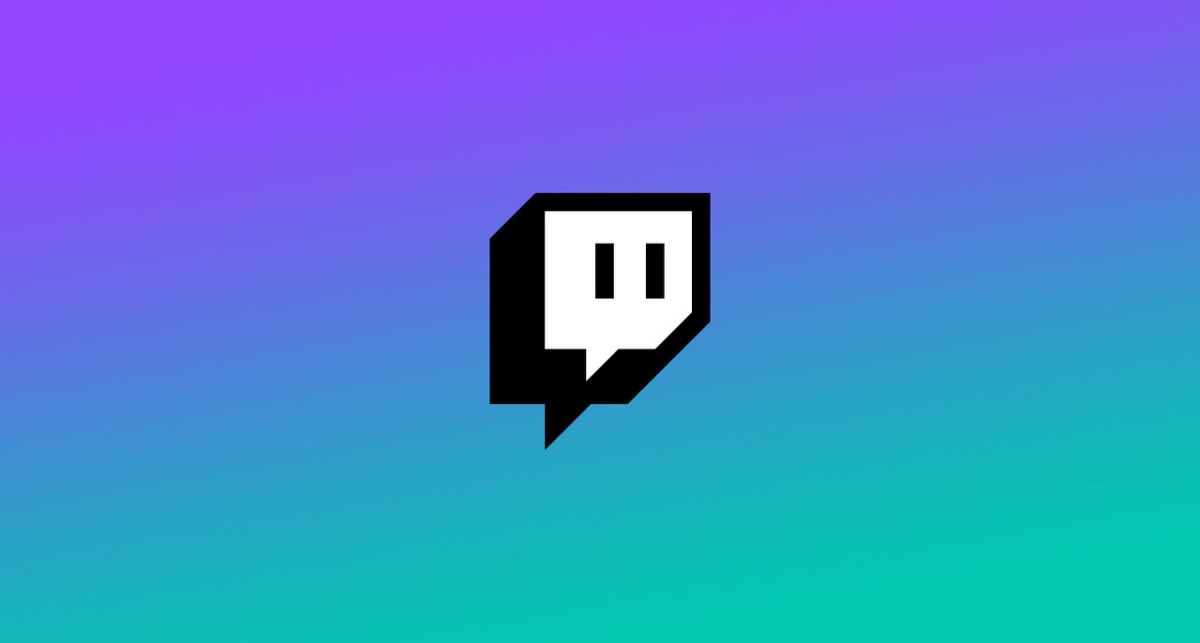Streamers rejoice because Twitch has officially ended its partner exclusivity clause, but will it be enough to lure back its departed content creators?
It’s been nearly a week since Twitch stopped enforcing its ban on streaming content through other platforms. The restrictions had pushed some high-profile creators to leave the platform, most notably LilyPichu, Sykkuno, and Myth. Instead, those three took their content to YouTube.
Lily Ki, aka “LilyPichu,” had been with Twitch for the past 10 years, amassing a following of 2.5 million in that time. Last month, she chose to walk away from Twitch, opting to take her audience to YouTube Gaming. “I felt like I wasn’t really going anywhere on Twitch,” she explained. “Financial stability, change of space… If I’m going to fall off, I might as well fall off on YouTube where I get paid.”
Now streamers are allowed to broadcast on such giants as YouTube, Facebook, Instagram, and TikTok. In fact, streamers can even broadcast their content across multiple platforms at once, something Twitch had not allowed before the past week, though it does come with restrictions. According to SVG, “Twitch partners can stream on YouTube, but they can’t stream YouTube and Twitch at the same time. Not only that, but partnered streamers will have even fewer restrictions when broadcasting themselves to TikTok and Instagram Live.”
So the obvious question: why the change? In a statement released by Twitch, the company explained the rationale for the original ban:
“When we first developed the Partner Program, we felt it was important for streamers to focus solely on Twitch for live streaming to build their communities. We still believe Twitch is the best place for creators to build and engage with their community. We also recognize that the digital landscape has changed since we first introduced the Partner Program.”
With the rise of video content across social media, specifically an emphasis being added to video and live streaming on Facebook and Instagram, Twitch saw the need to make a major change. Will it be enough to entice former content creators to come back? Only time will tell.
Twitch’s statement closed with the company specifying that it will no longer enforce the exclusivity clause. By the end of the year, the terms will be officially updated to reflect the company’s new attitude toward what is essentially its competition.

